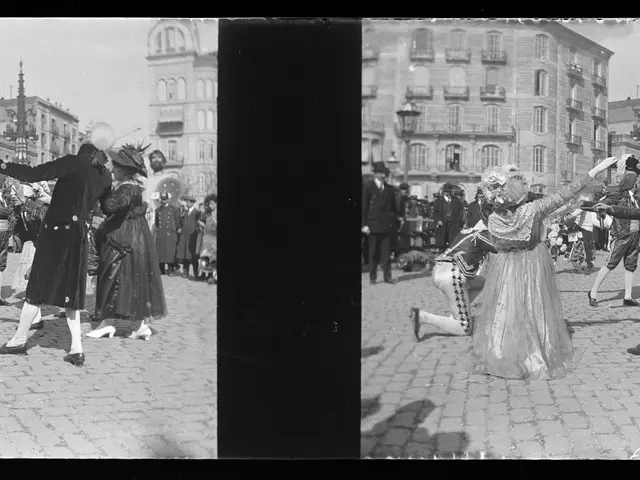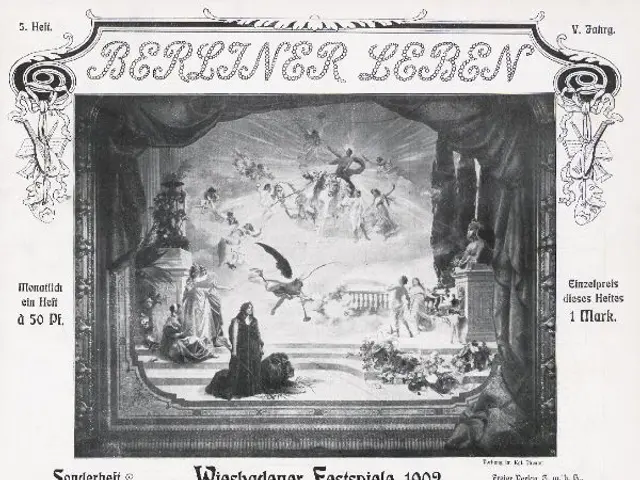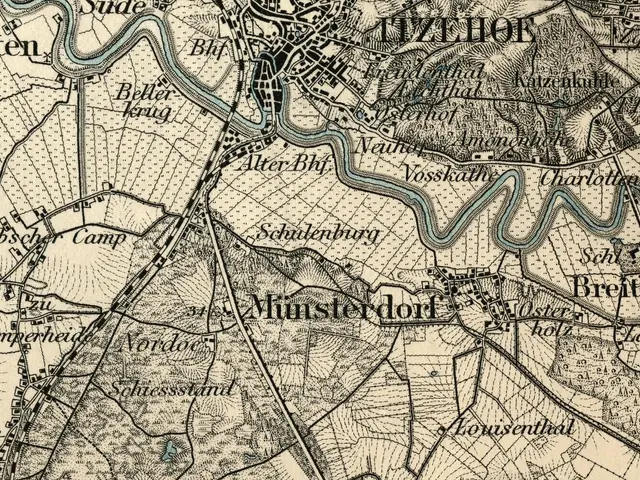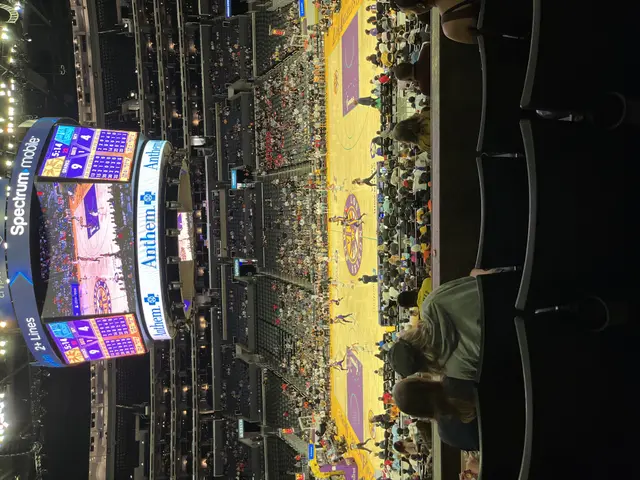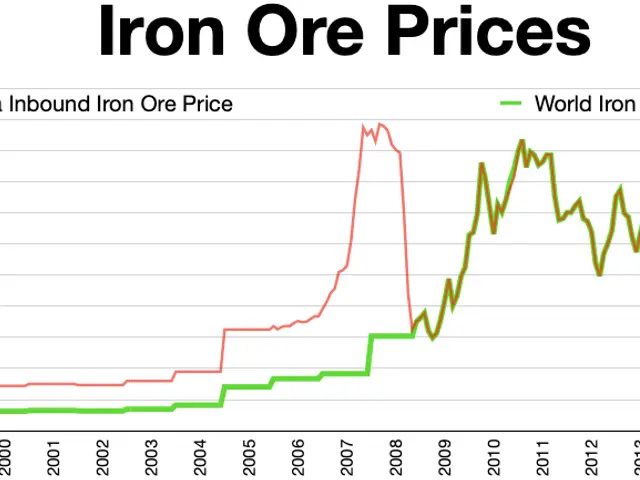Politics Shaped by Modern Communication Mediums
In the ever-evolving world we live in, new media continues to make a profound impact on the political landscape. With ongoing innovations and disruptions, the way campaigns are run and advertised is undergoing a significant shift.
Traditional TV ads are gradually being replaced by digital advertising, making digital media increasingly important, particularly in the presidential race. Social media has emerged as a significant player, transforming the political landscape and giving voters a more remarkable ability to learn about candidates and issues.
Twitter, for instance, has become a powerful tool for political discourse, allowing ordinary citizens to engage with politicians and political commentators in real-time. This immediate and direct communication has changed political communication significantly.
Social media has also become an increasingly powerful tool for shaping public opinion, with political influencers playing a vital role in this process. Platforms like Twitter and Facebook give politicians and political organizations the ability to connect with voters in real time.
The rise of citizen journalism, facilitated by smartphones and social media apps, has made it more difficult for politicians to control the news and increased transparency. This shift towards a more open and interactive political environment has been further amplified by hashtag activism, which has significantly impacted political movements, particularly in raising awareness and initiating conversations about various social and political issues.
More than 3 billion people worldwide now use social media regularly, making it a potent tool for political candidates to reach a broad audience. Digital journalism is also changing political communication by forcing politicians to engage with a broader range of voices and viewpoints.
Campaigns have had to adapt their tactics to incorporate these new media outlets and develop new strategies to engage potential voters online. Social media networks provide a platform to share and promote campaign messages, events, and fundraisers.
However, this digital revolution comes with its challenges. The sheer volume of data available to campaigns allows for increasingly targeted messages, but it also raises concerns about privacy and the potential for misinformation. In this context, media literacy has become an essential tool in navigating the vast and complex world of politics.
Recent studies, such as the one by the Pew Research Center in 2016, have shown that social media users are more likely to vote. This increased engagement suggests that the digital revolution in politics is not just changing how campaigns are run, but also encouraging voter participation.
In conclusion, the rise of new media has transformed political activism and campaigning by increasing accessibility, real-time interaction, and broader engagement with constituents. As we move forward, it is clear that this trend will continue to shape the political landscape, promising a more open, interactive, and participatory democracy.
Read also:
- Late-night host Lawrence O'Donnell responds to Jimmy Kimmel's departure with a discussion on a subject "Donald Trump doesn't wish us to examine"
- EU Member States cast their decisions
- Eighteen-Year-Old Speaks Out Against Lowering Voting Age to Sixteen
- King Charles's body language analyst dissects signs of apparent 'impatience' exhibited by Charles towards Trump

